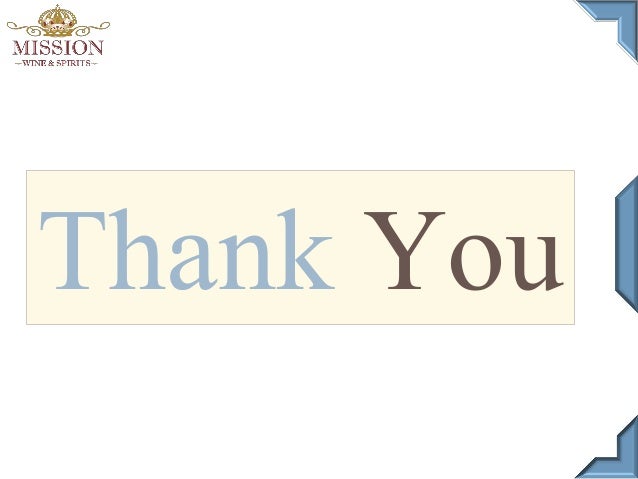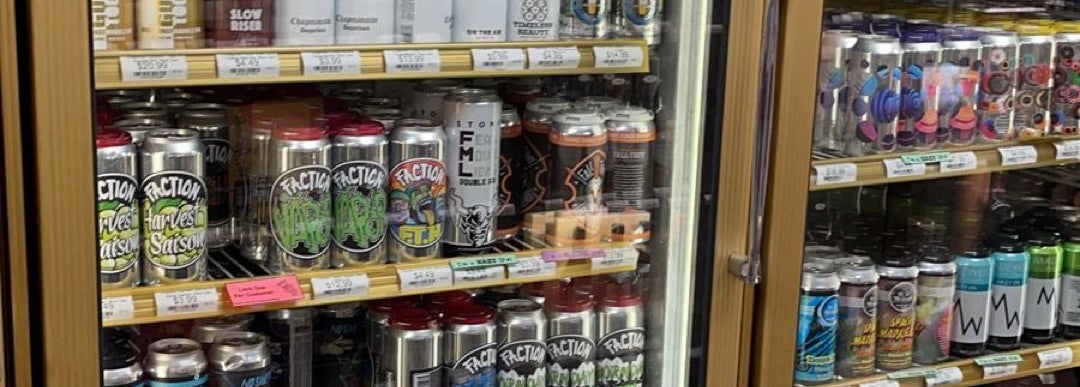
The building had no signs indicating alcohol was for sale and staff only appeared with an iPad of offerings after Gray pressed an “assistance” button. Blake Gray, walked in to try and buy whiskey. Hence, Amazon got retail liquor licenses for their warehouses.Īt one Sunnyvale warehouse, which offers over 200 wines and seventy whiskies for delivery, the US Editor of Wine-Searcher, W.


All three options are available in Los Angeles.īut California law only allows retailers to deliver alcohol from a physical store that’s open to the public, and retailers cannot deliver alcohol that is stored off the premises. Depending on local law, Amazon customers may order booze from Whole Foods, a third-party alcohol retailer, or Amazon’s Prime Now warehouses. The move threatens store owners as well as craft producers and raises public health concerns about sales to minors.Īmazon offers two-hour delivery of beer, wine, and sometimes spirits in twelve cities through its Prime Now service. This gives Amazon a competitive advantage over other California alcohol retailers who must pay for staff, stocking, and real estate. Regardless of whether Amazon broke the law, it is apparent that they intend to focus on delivering alcohol, not running liquor stores in business parks. Amazon has licenses for at least seven other warehouse “liquor stores" in California as it expands alcohol delivery through Prime Now. Now the California Department of Alcoholic Beverage Control is investigating whether or not Amazon’s LA location meets state qualifications for a liquor store. But when Wine-Searcher visited one of Amazon’s alleged liquor stores in Los Angeles they found a warehouse, but no store.

In order to deliver alcohol in California, retailers need to have a brick-and-mortar store that’s open to the public for at least half as long as their delivery hours. Last week, a wine industry publication and search engine, Wine-Searcher, claimed that Amazon violated California law to expand its alcohol delivery business.


 0 kommentar(er)
0 kommentar(er)
